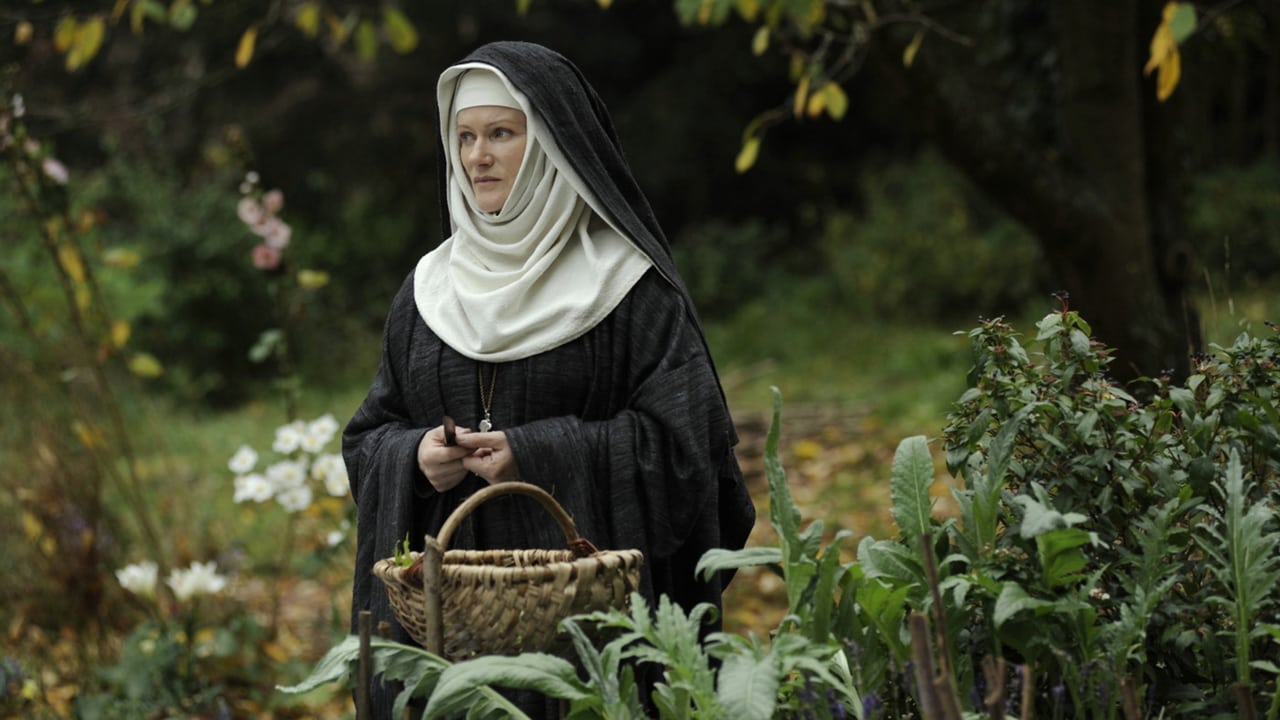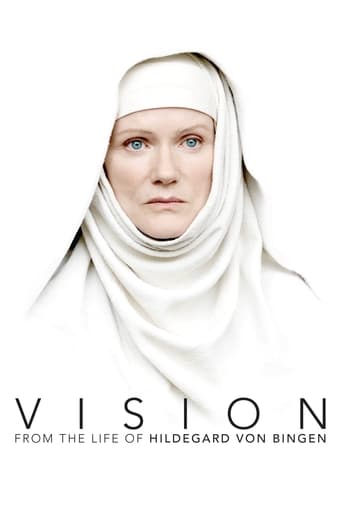

What makes it different from others?
... View MoreA film with more than the usual spoiler issues. Talking about it in any detail feels akin to handing you a gift-wrapped present and saying, "I hope you like it -- It's a thriller about a diabolical secret experiment."
... View MoreIt is a whirlwind of delight --- attractive actors, stunning couture, spectacular sets and outrageous parties.
... View MoreIt is encouraging that the film ends so strongly.Otherwise, it wouldn't have been a particularly memorable film
... View Morebeautiful. in profound sense. for the recreation of atmosphere. for the acting. for the different perspectives about a delicate subject, for the delicate force of image. for the image of a woman against her period expectation who wins and gives a nuanced definition to the sainthood. it is a film who propose more than gives. it propose the reflection about society from the XII century and from today. it propose an useful example of courage. and a not ordinary expression of the faith. a film who propose many questions and who rediscover an impressive figure of Middle Age who change the perspective about her time.Barbara Sukowa propose a Hildegard von Bingen who becomes heroic step by step, scene by scene, in a precise and convincing style.
... View MoreThe film is named Vision. It is very appropriate as the music that weaves the visuals to greater experiences by the viewer is from the CD of Hildegard's music by Richard Souther called by the same name, Vision. music) both stir the soul of her demographic to height upon height. Well done German filmmakers!!! The film was visually stunning. It is difficult to tell the tale of the most powerful female in Western Culture and do it in a universal manner. It is obvious that this film had a team that had their own Vision to do more than make a film, but create a digital film footprint of a globally known and loved academic, spiritual, and feminist historical icon and mentor.
... View MoreI am Orthodox and the lives of Catholic saints are , for me,not more than nice episodes from good people existence. not the visions, not stigmata, not crumbs of piety are arguments for their sainthood. so, this movie was a source of delight. because it is tale of a woman. a real woman, far from aura or perfect gestures. a woman of a time. a victim and a conquerer. with falls and victories. a honest portrait, not very credible but honest ,about a human been in search of Truth. front against temptations. almost prey of them. sketch of Rennaiseance , she is a revolutionary and her fight fruit of strange visions. the central ingredient - images. the sweet part - exaggerations. many and amusing.but intention to give a not pink/fake portrait is good thing. and so, poor Hildegard has a honest portrait.
... View MoreThe movie follows the life of Hildegard Von Bingen a famous medieval nun/magistra/convent founder who had religious visions and was interested in science, music, medicine, and much more...The cinematography was absolutely beautiful and the story captivated me even with its modern feminist sensibilities every where....from the suitably milque toast priest Volmar to her renaissance passion for all intellectual pursuits....The cliché over veneration of books learning etc comes off as nerdy and dumb when exaggerated too much as it was in this movie. That said I wish I had read up on Hildegard before watching; there was apparently much substance to the woman--the movie fails here..having her oohing and aawing over stacks of books or staging an avant garde (for the era) play doesn't do her credit.The part of her that captivated me of course were the visions. Everyone hopes things like that are not mental illness. You grow to really like this woman and that is the key to good cinema no?The character of Richardis is good too...more than a hint of female homosexuality that was sublimated by both parties.This movie would have been a 10 if the visions had been shown better and the pseudo intellectual nerd and feminist stuff toned down.RECOMMEND
... View More